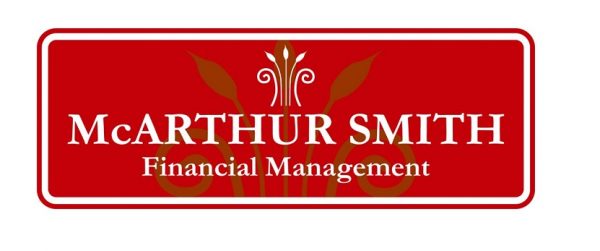Spring Budget – know your numbers
In the current climate, there is uncertainty in all of our lives with both health and financial concerns. However, while we are all understandably focusing on the here and now, it might be worth using this time to take a step back and review your long-term financial wellbeing as well. This newsletter takes a look at some of the areas you might want to consider. Of course, we are on hand to support you through any challenges ahead.
In his first Budget delivered on 11 March, Chancellor of the Exchequer Rishi Sunak unveiled the largest boost to public investment for several generations in a bid to shore up the economy and see the country through the coronavirus outbreak.
Emergency rate cut
A dramatic Budget Day began with the Bank of England announcing an emergency half-point reduction in its base rate amid growing concerns over the economic impact of COVID-19. This returned the rate to 0.25%, its lowest ever level (on 19 March a further cut to 0.1% was announced). Later, Mr Sunak revealed updated GDP projections which, excluding the inevitable coronavirus impact, suggested the UK economy would grow 1.1% in 2020-21, down from the previously forecast 1.4%.
Personal taxation
The Chancellor’s main change with regards to personal taxation was an increase in the National Insurance threshold to £9,500, which will save most workers around £100 annually from April. However, the personal allowance at which people start paying income tax was frozen at £12,500, while the £50,000 higher-rate threshold also remains unchanged in parts of the UK where income tax is not devolved. As previously announced the new single-tier State Pension will rise from £168.60 a week to £175.20 in April, while the older basic State Pension will increase from £129.20 to £134.25 per week.
Savings landscape
In relation to savings, the major announcement was a hefty increase in the JISA (Junior Individual Savings Account) allowance and Child Trust Fund annual subscription limit from £4,368 to £9,000 in the coming tax year. The ISA (Individual Savings Account) allowance, including the Lifetime ISA allowance if used, was left unchanged at £20,000. Another potential impact on savers concerns the reduced amount of money set to be raised via National Savings and Investments, which suggests rates at the government’s savings arm may become less competitive during the coming year.
The value of investments can go down as well as up and you may not get back the full amount you invested. The past is not a guide to future performance and past performance may not necessarily be repeated.
